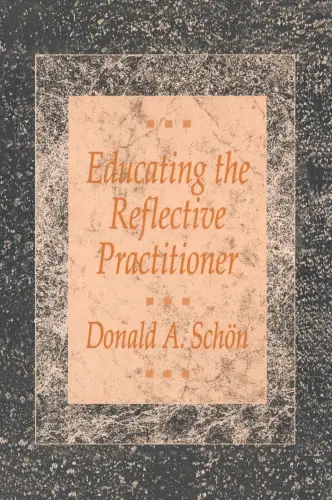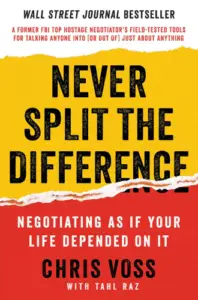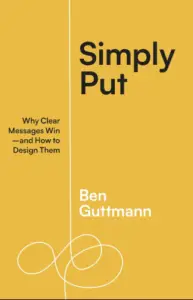Educating the Reflective Practitioner
Book Author: Donald A. Schon
Summary reviewed by:
Terrence Timmons
Terrence Timmons
Analyst
Bachelor of Arts (BA), University Of California, Santa Barbara 2019
With over 4 years of experience as an analyst. Terrence Timmons is committed to analyzing summaries without compromising on quality.
Educating the Reflective Practitioner: Summary
What if the key to solving complex problems isn’t more knowledge but a deeper reflection on practice itself? In Educating the Reflective Practitioner, Donald A. Schön posits that the best professionals aren’t merely repositories of expertise—they are reflective practitioners who continuously learn through action. Schön’s main thesis is that traditional approaches to professional education fail to teach this critical skill. Instead, real learning comes from engaging in a reflective conversation with the uncertainties and surprises that arise in professional practice.
Schön draws on theories of reflective learning, particularly John Dewey’s work on experiential education, to argue that professionals must develop an ongoing dialogue between their knowledge and their actions. He critiques the "technical rationality" model, which assumes that professionals can solve problems by applying scientific knowledge in predictable ways. Schön demonstrates that many real-world problems are "wicked" and unpredictable, requiring a flexible, reflective approach. His insights stem from years of teaching and research at MIT, where he developed the concept of "reflection-in-action"—a way of thinking while doing.
The book’s approach to personal development is both practical and profound. Schön emphasizes that becoming a reflective practitioner is not an abstract goal; it's achievable through deliberate practice. By engaging in reflection both during and after action, professionals can learn from their experiences and adapt to new challenges. This method encourages individuals to not only question their assumptions but also refine their skills in real-time. The suggested outcome? A practitioner who is not just reactive but proactively shapes their learning process, staying agile in an ever-changing professional environment.
The core strategies Schön proposes center around engaging in "reflection-in-action" and "reflection-on-action." Reflection-in-action refers to thinking on your feet, making decisions and adjustments while in the midst of solving a problem. For example, a doctor may modify a treatment plan in response to unexpected patient symptoms. Reflection-on-action occurs after the fact—when the practitioner steps back, evaluates what happened, and extracts lessons for future use. Schön offers case studies in architecture, medicine, and education, illustrating how this reflective practice leads to improved decision-making and professional growth.
Schön's book doesn’t leave readers with just theory; it provides practical tools to foster reflective practice. He advocates for "learning by doing" in workshops, simulations, and real-world contexts. Educators are encouraged to create environments where students confront ambiguity and practice reflection. Schön also outlines exercises like keeping reflective journals and conducting peer dialogues, helping professionals internalize these practices.
By guiding readers through real-life examples and offering actionable steps, Educating the Reflective Practitioner becomes a manual for continuous growth. Its central message is clear: mastering your profession requires more than technical skills—it demands a willingness to learn from uncertainty and embrace reflective thinking as a lifelong habit.
Educating the Reflective Practitioner: Genres
Education
Personal & Professional Development
Behavioral Science
Decision Making & Problem Solving
Communication Studies
Educating the Reflective Practitioner: Themes
Reflective Practice: The concept of learning through action and reflection. Schön explains how professionals can improve their work by engaging in reflective thinking during and after their actions.
Experiential Learning: Drawing from John Dewey, Schön highlights how real learning happens when individuals engage with practical challenges and reflect on their experiences, rather than simply applying theoretical knowledge.
Technical Rationality vs. Professional Artistry: Schön critiques the traditional belief that professionals solve problems by applying established knowledge, arguing instead that many real-world situations require improvisation and creative problem-solving.
Uncertainty in Practice: Professionals often face unpredictable problems. Schön emphasizes the importance of embracing uncertainty and using it as a learning opportunity rather than relying on rigid rules or formulas.
Educating the Reflective Practitioner: Methodology
This summary was developed with a focus on distilling Schön’s core ideas about professional growth through reflective practice. Drawing from the themes of Education, Behavioral Science, and Decision Making & Problem Solving, we identified key insights on how reflection can enhance learning in real-world scenarios. Through expert analysis, we explored Schön’s critique of traditional methods and his argument for experiential learning. Our approach ensures that the summary reflects the essence of Schön’s work while offering practical applications, making his theories accessible and actionable for readers looking to improve their professional skills.


Educating the Reflective Practitioner
Date Published: January 16, 1991
Disclaimer: As an Amazon Associate I earn from qualifying purchases.




